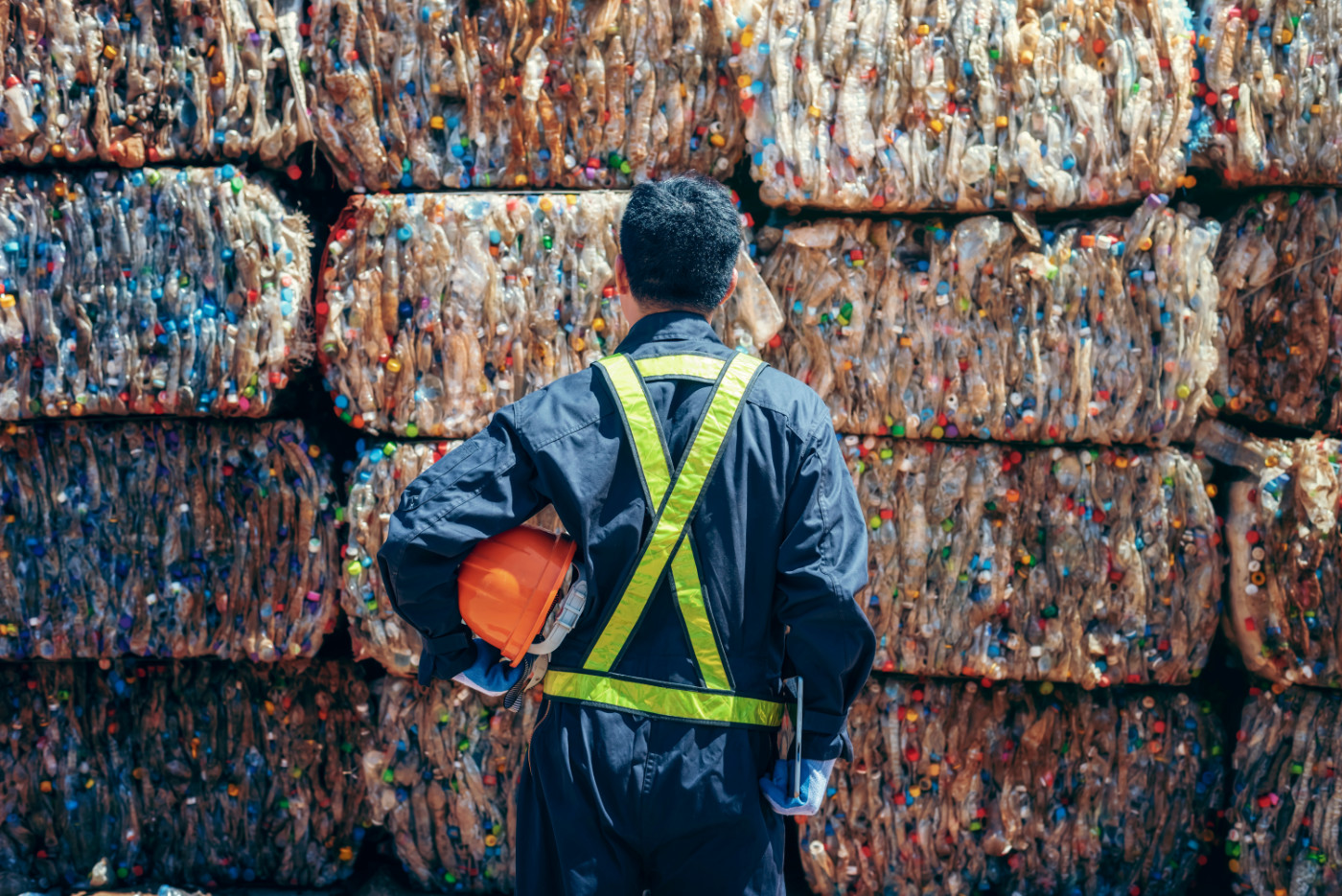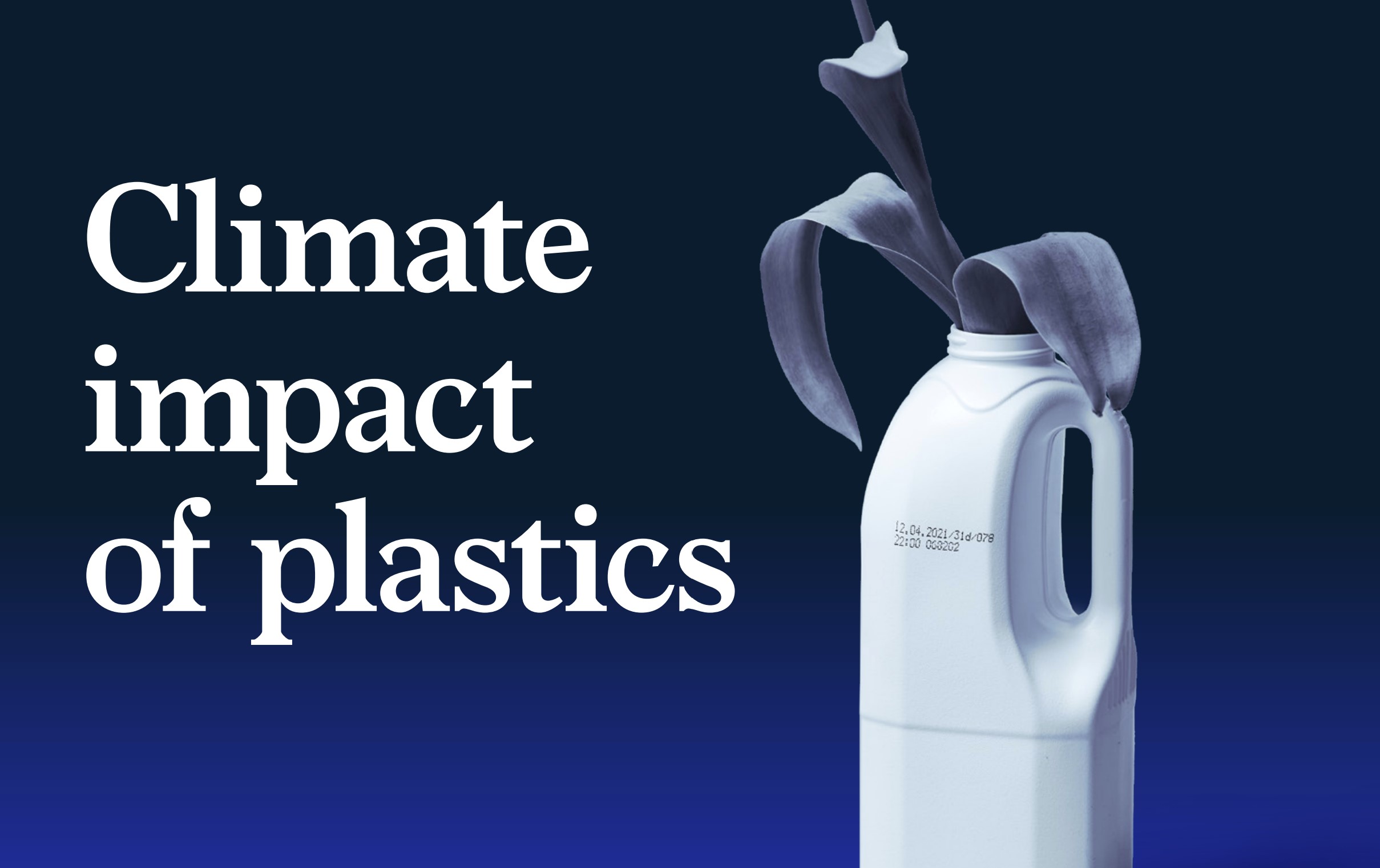McKinsey conducted a study about the Climate Impact of Plastics last year.
The finding: Plastics have a lower total greenhouse gas contribution than alternatives in most applications.
Plastics are ubiquitous across the global economy and are the subject of frequent debate, from their impact on marine pollution to their recyclability. However, their role in enhancing use efficiencies, such as decreasing food spoilage and reducing greenhouse gas (GHG) emissions, is often overlooked. Rather, plastics are frequently maligned regarding topics such as leakage to the environment, toxicity, use of resources, production emissions, and ocean pollution. Although these important considerations need to be addressed, an opportunity exists for a more balanced, science-based perspective on plastics versus alternative materials. Multiple environmental factors should be considered in material selection. This paper examines the total GHG contribution of plastics versus its alternatives, including product life cycle (cradle to grave) and impact of use, but does not consider ocean pollution, which needs to be addressed separately. Our objective is to contribute to the dialogue on material choice and broaden the available fact base for the evolving discussion around plastics.
Read the study here: climate-impact-of-plastics-v2.pdf (mckinsey.com)




